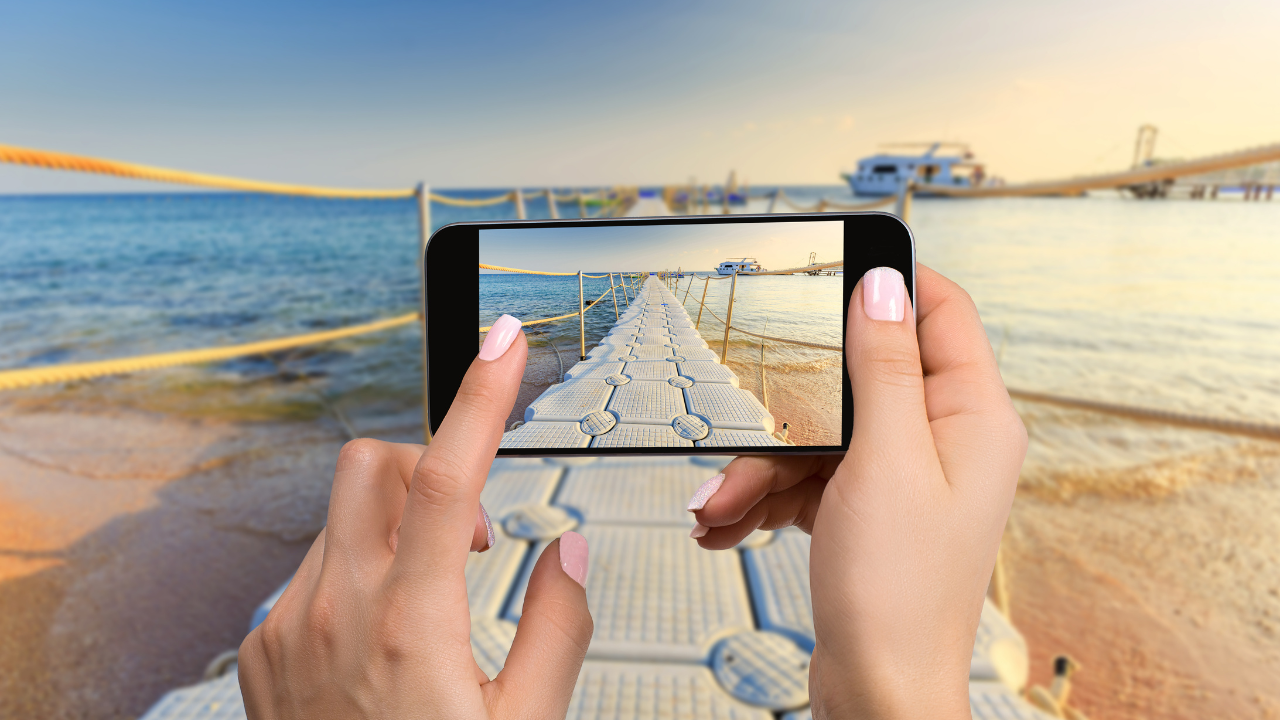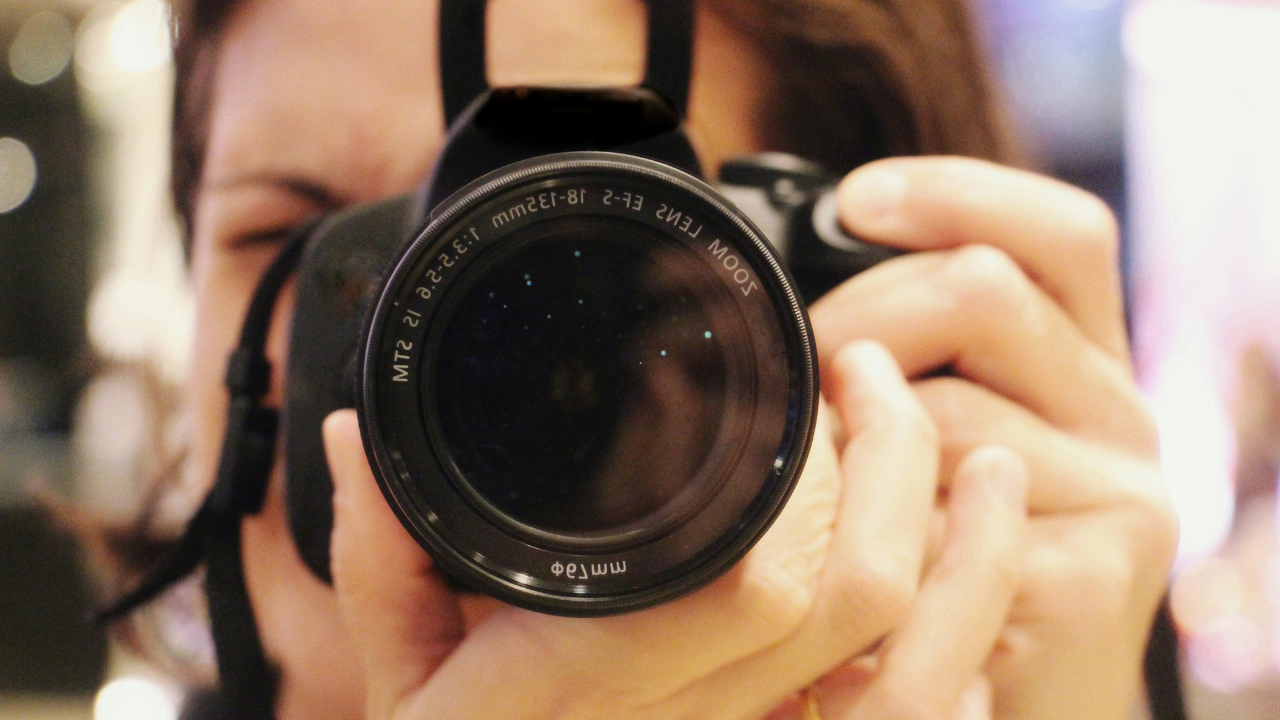
In today's digital age, it's rare to find someone without a smartphone or camera. From capturing picturesque landscapes to snapping selfies, photography has become an integral part of our daily lives. While photography is often associated with preserving memories and sharing moments, recent research suggests that it can also have a profound impact on mental health.
Photography provides a non-verbal means for individuals to express and communicate their emotions, particularly when they find it difficult to articulate their feelings. This can be especially helpful for people with conditions like depression, anxiety, or trauma.
Research on impact of photography on mood
A 2016 study titled 'Promoting Positive Affect through Smartphone Photography' investigated how smartphone photography can be leveraged to help individuals increase their positive affect.

The researchers designed and conducted a 4-week study with 41 participants. Participants were instructed to take one photo every day in one of the following three conditions: a selfie photo with a smiling expression, a photo of something that would make oneself happy and a photo of something that would make another person happy. After 3 weeks, the researchers found that participants' positive affect in all conditions increased.
Boosts memory
According to research by Professor Denise C. Park from the University of Texas, photography is a highly cognitive activity to help keep the brain healthy. In her study, participants who engaged in digital photography were able to enhance and improve their episodic memory and reasoning skills.
Tool for therapy
Some mental health professionals use photography as a form of narrative therapy. Patients are encouraged to take photos that represent their experiences, which can then be discussed in therapy sessions. This can help people better understand their emotions and experiences.
Documentation of progress
Keeping a photographic journal or documenting personal growth through photos can provide a visual record of progress in therapy or recovery. It can be motivating and reassuring for individuals to see how far they've come.
Word of caution
While photography can be a valuable therapeutic tool, it's essential to acknowledge that it is not a substitute for professional mental health treatment. It can complement traditional therapies and self-help strategies, but individuals with mental health conditions should seek guidance from mental health professionals for a comprehensive treatment plan.

Also, it is important to balance photography with being present in the moment, as excessive photo-taking can have the opposite effect on mental well-being. Use photography as a tool for self-expression, connection, and mindfulness, and enjoy the positive effects it can bring to your life.







